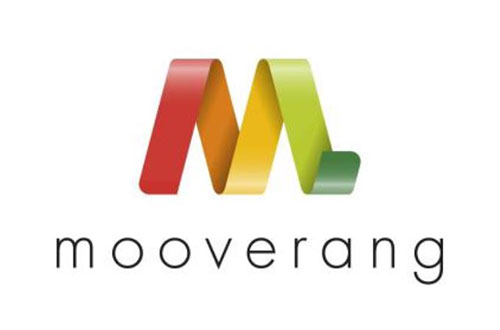#content#
OCU calls on Parliament, European Commission and Government for recognition of financial aggregators
30 abr. 2015One of the main missions of OCU is to empower the consumer so you can make your own decisions by being provided with all the necessary information and so be in a better position when dealing with companies and other organisations.
Accordingly, just over a year ago, OCU launched mooverang, an application for the management of one’s personal economy that benefits consumers because:
- It allows you to have a complete picture of your personal finances in one application so you can control them better.
- It lets you keep track of several bank accounts effortlessly.
- The user has neutral information about all transactions and movements in each of their banks.
- It has a simple and attractive interface so that anyone can use it easily.
- It includes additional services such as price comparators, independent advice and offers that help the user to make the best decisions about their finances.
- It makes it easier to manage multiple banks, helping to boost competition in the sector.
Given that the financial data of customers does not belong to banks but to the users themselves, OCU believes there should be freedom to use this information wherever users want to use it, always provided that maximum security is guaranteed.
Therefore OCU calls for:
1. Seamless access to data without technical impediments from the banks.
2. Access to data in the same way for everyone (data and aggregation banks).
3. A neutral business model. Information services are not intended to compete with the banks but to collaborate with them since they are recent players in the financial market and can bring innovation and competition to this market.
4. Trust. It is important that both consumers and financial service companies have confidence in this type of service. Information services must be identified each time they connect with the banks so that all activity can be monitored and controlled.
For more information (media): Eva Jimenez Tel .: 91 722 60 61 - ejimenez@ocu.orgwww.ocu.org

